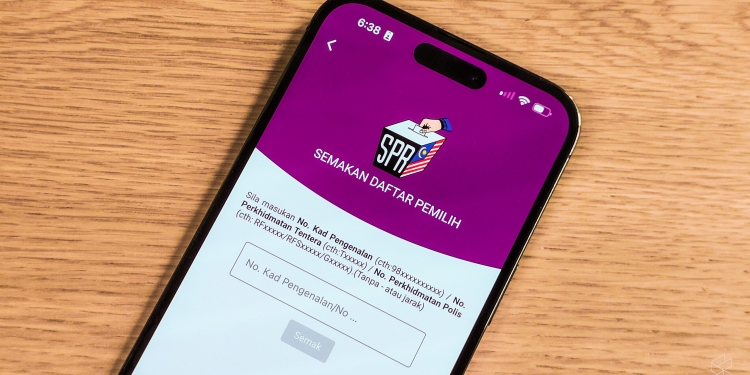With everything that’s happening in the local political scene, it’s becoming more and more likely that the 15th Malaysian general election (GE15) will be held very soon. While no official announcement has been made just yet, prime minister Datuk Seri Ismail Sabri Yaakob met with the Yang di-Pertuan Agong today amid calls in his own Umno party to dissolve parliament.
The top party leadership has already insisted it wants to hold elections this year after an Umno Supreme Council meeting on September 30. Secretary-general Datuk Seri Ahmad Maslan said that as such, the PM “will present the proposed dissolution date to His Majesty, the Yang di-Pertuan Agong, in accordance with Article 40 (1) of the Federal Constitution.” It’s possible this is what happened during today’s meeting (although this was later denied), despite the fact it was ostensibly billed as a ‘routine’ Budget 2023 briefing.
Either way, it’s best that you prepare yourself for GE15, given that the process tends to move quite quickly once parliament is dissolved—after all, the constitution states that elections must be held within 60 days of the dissolution. Thankfully, the Election Commission (EC or SPR) actually has a handy way of letting you check your voter registration status, your polling location and the DUN and parliamentary constituencies you will be voting in.
Wait, don’t I need to register as a voter first?
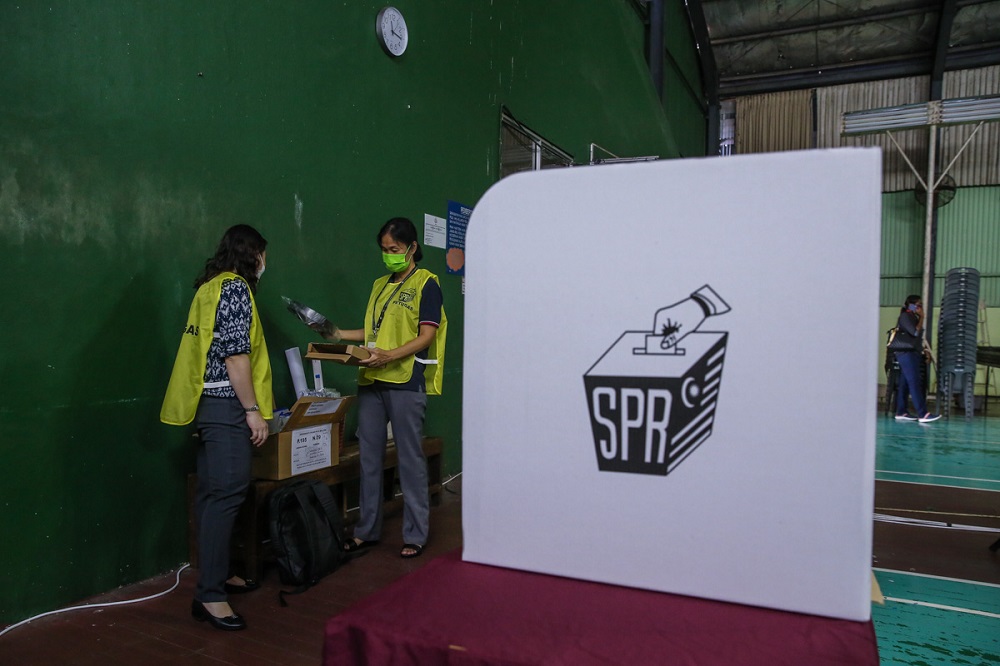
Actually, no, you don’t. Since January 14, every Malaysian eligible to vote has been automatically added to the electoral roll, meaning they’ll have already been registered. This is part of the gazetting of Article 119(1)(a) of the Federal Constitution—championed by the voting rights NGO Undi18—that also sees the minimum age dropped from 21 to 18.
Those turning 18 this year will be able to see their names on the roll between one month and six weeks after their birthday. That’s because the roll is now updated on a monthly basis, instead of only every quarter as before. To see if you’ve actually been registered, you can check the EC’s database through one of three ways.
Using the MySPR Semak app
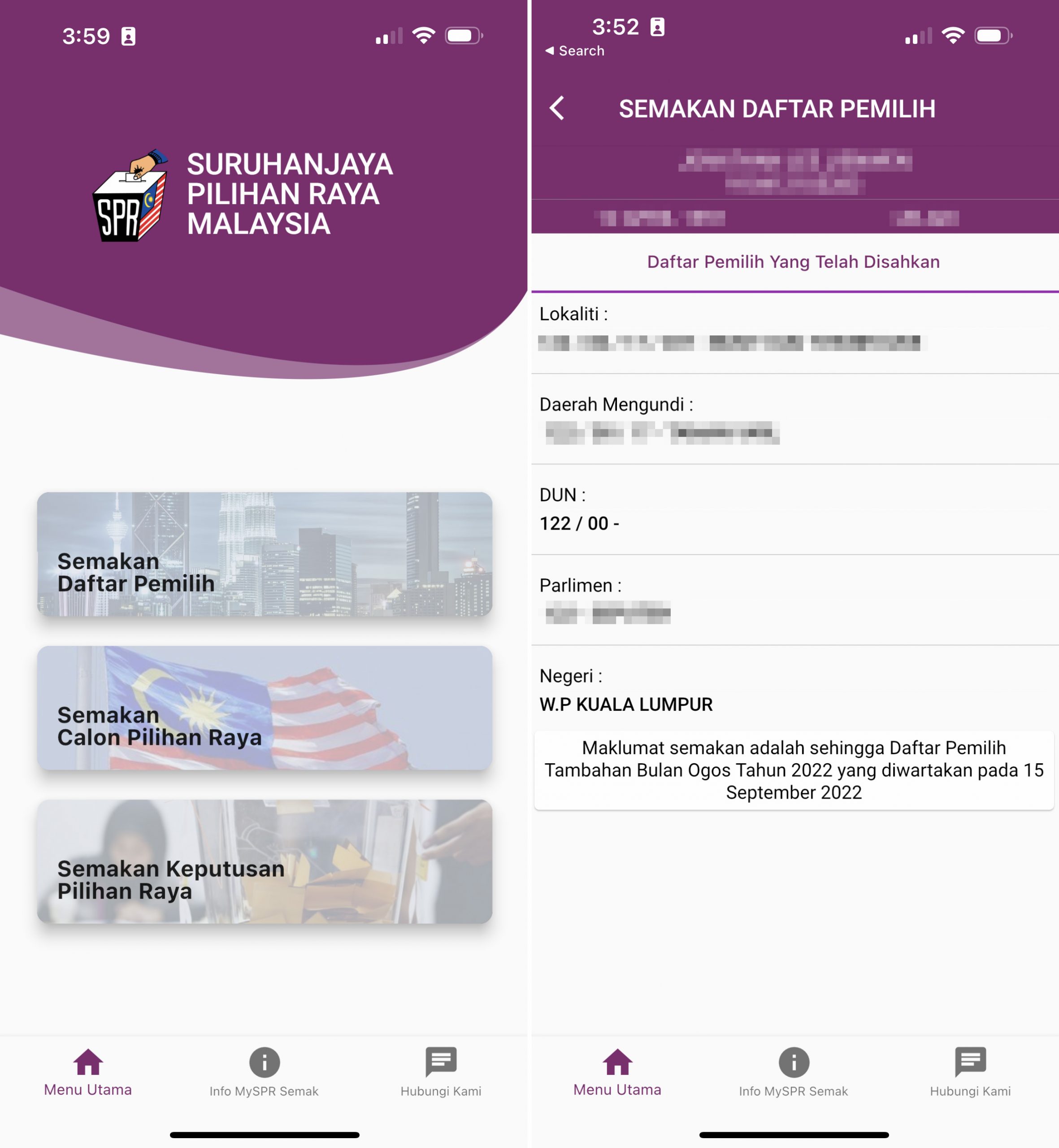
By far the easiest way to do so is using the MySPR Semak app, available on the Apple App Store and the Google Play Store. This allows you to not only check voter registration data but also election candidates and results, although the latter two are obviously not available as GE15 has not yet been called.
To see your status, open the app and tap on “Semakan Daftar Pemilih,” then type in your identity card (IC) number, military service number (nombor perkhidmatan tentera) or police service number (nombor perkhidmatan polis). Do note that you have to omit dashes and spaces when keying in your number—for example, your IC number format should by YYMMDDXXXXXX instead of YYMMDD-XX-XXXX.
Once you tap on “Semak”, you should see your name, IC number, birthday and gender, along with your voter information. This includes your locality (i.e. where your registered residence is), your polling district, your State Legislative Assembly (Dewan Undangan Negara, or DUN) constituency—if available—and your parliamentary constituency.
Using the EC website or hotline
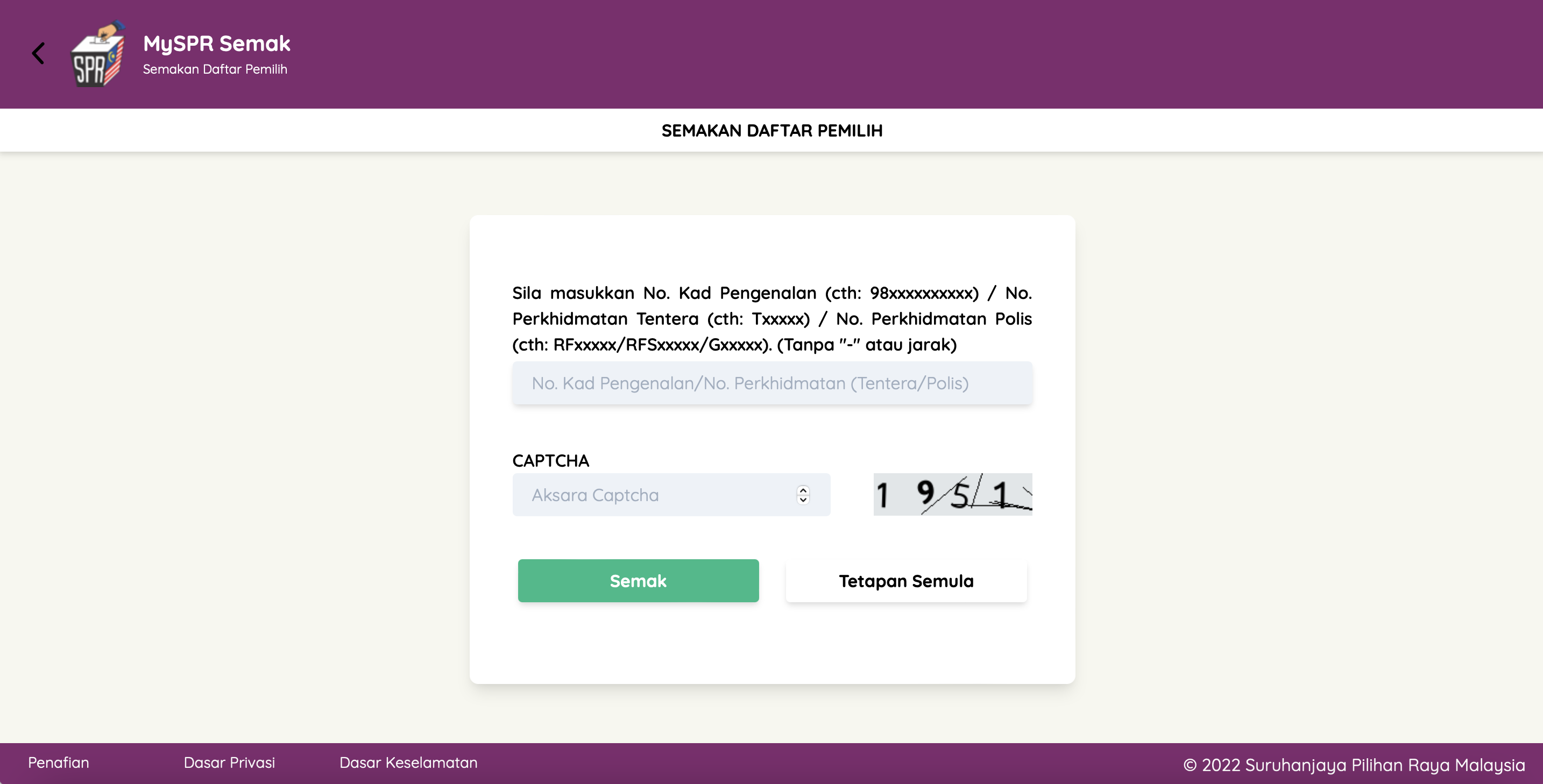
If you’re doing this on a computer, you can instead use the MySPR Semak portal (a link to the page can also be found on the EC’s official website under “Semakan Daftar Pemilih,” as well as the website of your local state election office). The process is the same, the only difference being a CAPTCHA below the IC number box. Lastly, you may call the EC hotline at 03-88927018.
Bear in mind that none of these methods listed will tell you the exact polling station location until after the elections are called. The last time general elections were held, the EC updated its database with this information six days after it announced the GE14 polling day (May 9) on April 10, 2018.
Anything else I should know?
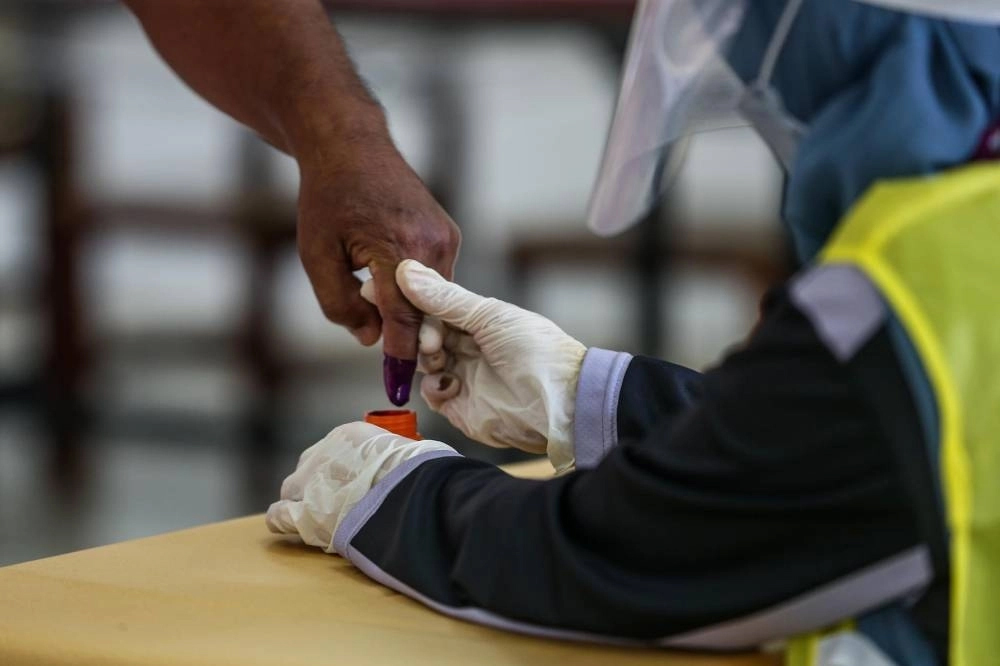
The latest Supplementary Electoral Rolls (Daftaran Pemilih Tambahan, or DPT) for the month of August is available for review until October 14. If you can’t find your name on the electoral roll, or if you want to change constituencies or review your address, you may do so through the EC’s Claim Form C.
One thing to note is that your DUN and parliament constituency is based on the address listed on your MyKad, so any changes require updating your address via the National Registration Department (JPN) first. Once you’ve ensured that your details have been updated, you may download and fill the form, print it and present it to the nearest EC office (which you can also find on the official website), along with your IC.
If, on the other hand, you suspect a voter has changed constituencies illegally, you may object to it by downloading and filling Objection Form D and presenting it at the relevant state election office. Each person you object to will cost RM10 to review. Both forms will need to be submitted before the DPT is gazetted on October 14, if you want the changes to be reflected in the current electoral roll.
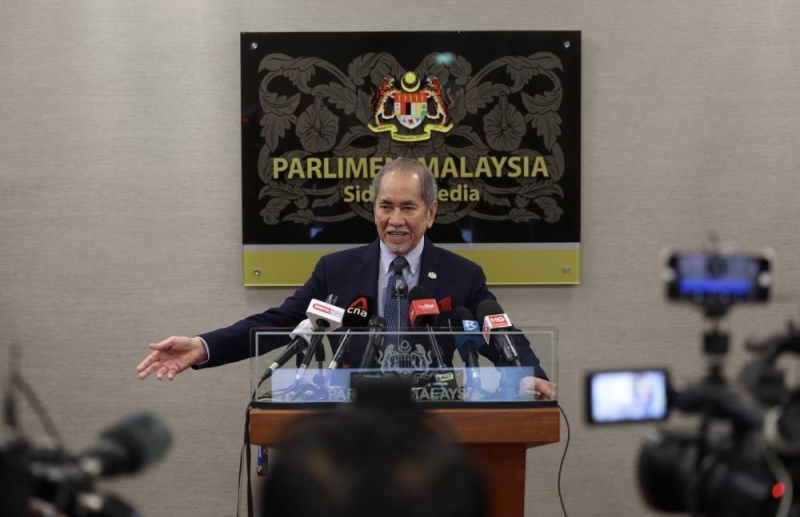
Lastly, de facto law minister Datuk Seri Wan Junaidi Tuanku Jaafar has announced that the EC has extended the voting hours, in order to improve efficiency and smoothen the voting process. Citizens will now have an additional hour to cast their votes, from 8am to 6pm in Peninsular Malaysia and from 7.30am to 5.30pm in Sabah and Sarawak.
Once you’ve ensured your name is on the roll and verified your details, the only thing left for your to do is to show up on polling day at your specified polling station. Happy voting!

